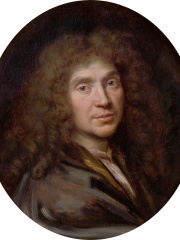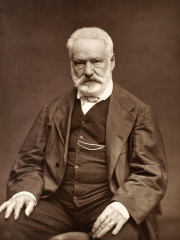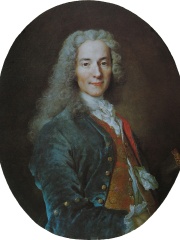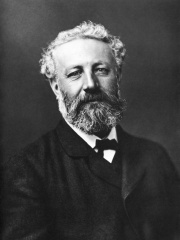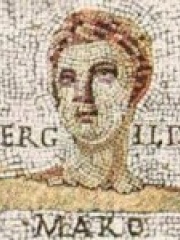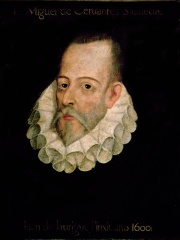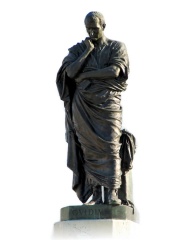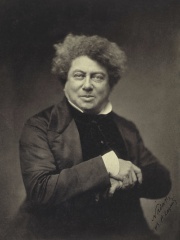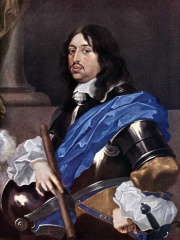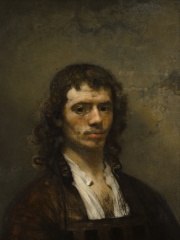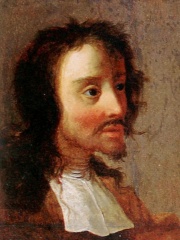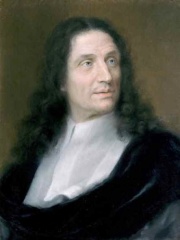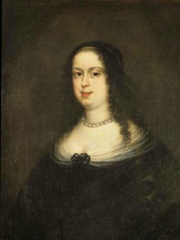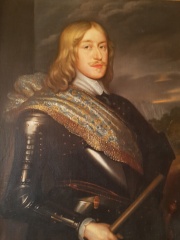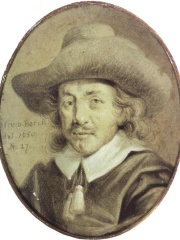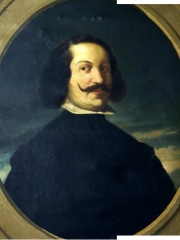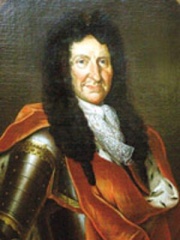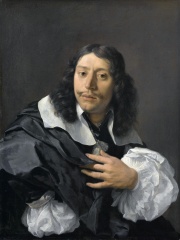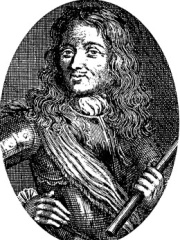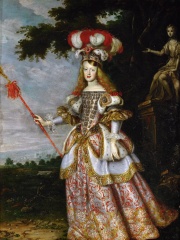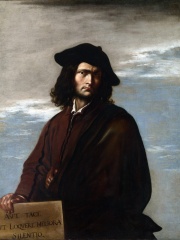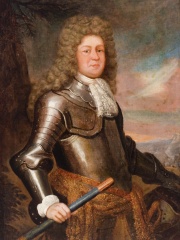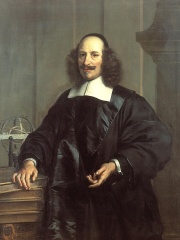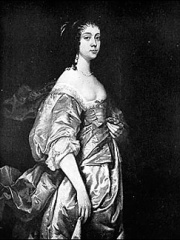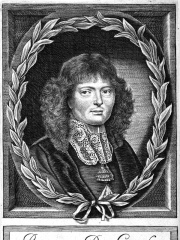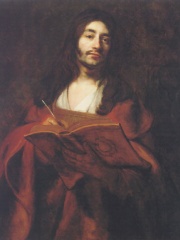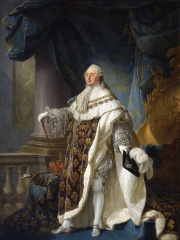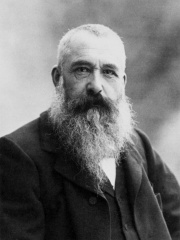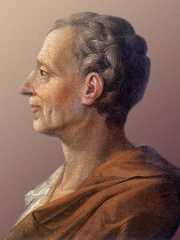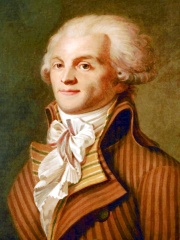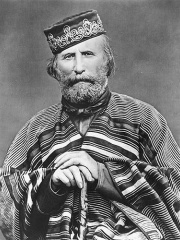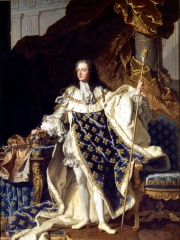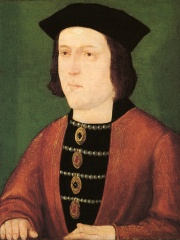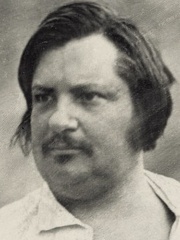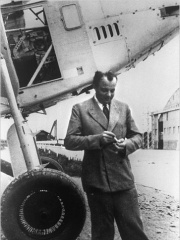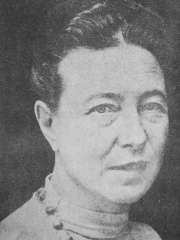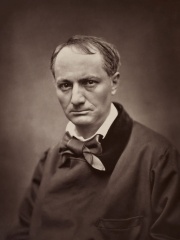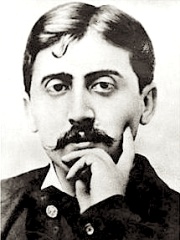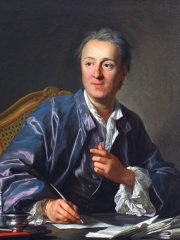作家
Molière
1622 - 1673
ZH.WIKIPEDIA PAGE VIEWS (PV)
Memorability Metrics
Page views of Molière by language
Among 作家
Among 作家, Molière ranks 17 out of 7,302. Before him are Victor Hugo, Voltaire, James Joyce, Sophocles, Jules Verne, and Virgil. After him are Miguel de Cervantes, Jean-Paul Sartre, T. S. Eliot, Ovid, Alexandre Dumas, and Albert Camus.
Most Popular 作家 in Wikipedia
Go to all RankingsVictor Hugo
1802 - 1885
HPI: 89.52
Rank: 11
Voltaire
1694 - 1778
HPI: 89.44
Rank: 12
James Joyce
1882 - 1941
HPI: 89.38
Rank: 13
Sophocles
497 BC - 406 BC
HPI: 89.32
Rank: 14
Jules Verne
1828 - 1905
HPI: 88.32
Rank: 15
Virgil
70 BC - 19 BC
HPI: 88.05
Rank: 16
Molière
1622 - 1673
HPI: 87.83
Rank: 17
Miguel de Cervantes
1547 - 1616
HPI: 87.60
Rank: 18
Jean-Paul Sartre
1905 - 1980
HPI: 87.31
Rank: 19
T. S. Eliot
1888 - 1965
HPI: 87.25
Rank: 20
Ovid
43 BC - 17
HPI: 86.87
Rank: 21
Alexandre Dumas
1802 - 1870
HPI: 86.83
Rank: 22
Albert Camus
1913 - 1960
HPI: 86.77
Rank: 23
Contemporaries
Among people born in 1622, Molière ranks 1. After him are Charles X Gustav of Sweden, Carel Fabritius, Hans Jakob Christoffel von Grimmelshausen, Vincenzo Viviani, Bernhardus Varenius, Vittoria della Rovere, Magnus Gabriel De la Gardie, Nicolaes Pieterszoon Berchem, Juan de Valdés Leal, Christian Augustus, Count Palatine of Sulzbach, and Karel Dujardin. Among people deceased in 1673, Molière ranks 1. After him are Charles de Batz de Castelmore d'Artagnan, Margaret Theresa of Spain, Salvator Rosa, Michał Korybut Wiśniowiecki, Semyon Dezhnev, Joan Blaeu, Margaret Cavendish, Duchess of Newcastle-upon-Tyne, Regnier de Graaf, Eugene Maurice, Count of Soissons, Barent Fabritius, and Robert Moray.
Others Born in 1622
Go to all RankingsMolière
WRITER
1622 - 1673
HPI: 87.83
Rank: 1
Charles X Gustav of Sweden
MILITARY PERSONNEL
1622 - 1660
HPI: 78.35
Rank: 2
Carel Fabritius
PAINTER
1622 - 1654
HPI: 70.32
Rank: 3
Hans Jakob Christoffel von Grimmelshausen
WRITER
1622 - 1676
HPI: 69.06
Rank: 4
Vincenzo Viviani
MATHEMATICIAN
1622 - 1703
HPI: 69.00
Rank: 5
Bernhardus Varenius
POLITICIAN
1622 - 1650
HPI: 66.02
Rank: 6
Vittoria della Rovere
POLITICIAN
1622 - 1694
HPI: 64.37
Rank: 7
Magnus Gabriel De la Gardie
POLITICIAN
1622 - 1686
HPI: 64.06
Rank: 8
Nicolaes Pieterszoon Berchem
PAINTER
1622 - 1683
HPI: 63.61
Rank: 9
Juan de Valdés Leal
PAINTER
1622 - 1690
HPI: 62.65
Rank: 10
Christian Augustus, Count Palatine of Sulzbach
POLITICIAN
1622 - 1708
HPI: 61.99
Rank: 11
Karel Dujardin
PAINTER
1622 - 1678
HPI: 61.55
Rank: 12
Others Deceased in 1673
Go to all RankingsMolière
WRITER
1622 - 1673
HPI: 87.83
Rank: 1
Charles de Batz de Castelmore d'Artagnan
MILITARY PERSONNEL
1611 - 1673
HPI: 77.24
Rank: 2
Margaret Theresa of Spain
POLITICIAN
1651 - 1673
HPI: 76.26
Rank: 3
Salvator Rosa
PAINTER
1615 - 1673
HPI: 70.04
Rank: 4
Michał Korybut Wiśniowiecki
POLITICIAN
1640 - 1673
HPI: 69.09
Rank: 5
Semyon Dezhnev
EXPLORER
1605 - 1673
HPI: 65.25
Rank: 6
Joan Blaeu
POLITICIAN
1596 - 1673
HPI: 64.31
Rank: 7
Margaret Cavendish, Duchess of Newcastle-upon-Tyne
PHILOSOPHER
1623 - 1673
HPI: 64.27
Rank: 8
Regnier de Graaf
PHYSICIAN
1641 - 1673
HPI: 63.89
Rank: 9
Eugene Maurice, Count of Soissons
POLITICIAN
1635 - 1673
HPI: 62.90
Rank: 10
Barent Fabritius
PAINTER
1624 - 1673
HPI: 60.24
Rank: 11
Robert Moray
POLITICIAN
1609 - 1673
HPI: 53.91
Rank: 12
In 法国
Among people born in 法国, Molière ranks 12 out of NaN. Before him are Louis XVI of France (1754), Victor Hugo (1802), Voltaire (1694), Louis Pasteur (1822), Claude Monet (1840), and Jules Verne (1828). After him are Montesquieu (1689), Maximilien Robespierre (1758), Jean-Paul Sartre (1905), Giuseppe Garibaldi (1807), Louis XV of France (1710), and Edward IV of England (1442).
Others born in 法国
Go to all RankingsLouis XVI of France
POLITICIAN
1754 - 1793
HPI: 90.50
Rank: 6
Victor Hugo
WRITER
1802 - 1885
HPI: 89.52
Rank: 7
Voltaire
WRITER
1694 - 1778
HPI: 89.44
Rank: 8
Louis Pasteur
CHEMIST
1822 - 1895
HPI: 89.24
Rank: 9
Claude Monet
PAINTER
1840 - 1926
HPI: 88.69
Rank: 10
Jules Verne
WRITER
1828 - 1905
HPI: 88.32
Rank: 11
Molière
WRITER
1622 - 1673
HPI: 87.83
Rank: 12
Montesquieu
PHILOSOPHER
1689 - 1755
HPI: 87.46
Rank: 13
Maximilien Robespierre
POLITICIAN
1758 - 1794
HPI: 87.37
Rank: 14
Jean-Paul Sartre
WRITER
1905 - 1980
HPI: 87.31
Rank: 15
Giuseppe Garibaldi
POLITICIAN
1807 - 1882
HPI: 87.09
Rank: 16
Louis XV of France
POLITICIAN
1710 - 1774
HPI: 86.93
Rank: 17
Edward IV of England
POLITICIAN
1442 - 1483
HPI: 86.91
Rank: 18
Among 作家 In 法国
Among 作家 born in 法国, Molière ranks 4. Before him are Victor Hugo (1802), Voltaire (1694), and Jules Verne (1828). After him are Jean-Paul Sartre (1905), Alexandre Dumas (1802), Honoré de Balzac (1799), Antoine de Saint-Exupéry (1900), Simone de Beauvoir (1908), Charles Baudelaire (1821), Marcel Proust (1871), and Denis Diderot (1713).
Victor Hugo
1802 - 1885
HPI: 89.52
Rank: 1
Voltaire
1694 - 1778
HPI: 89.44
Rank: 2
Jules Verne
1828 - 1905
HPI: 88.32
Rank: 3
Molière
1622 - 1673
HPI: 87.83
Rank: 4
Jean-Paul Sartre
1905 - 1980
HPI: 87.31
Rank: 5
Alexandre Dumas
1802 - 1870
HPI: 86.83
Rank: 6
Honoré de Balzac
1799 - 1850
HPI: 86.38
Rank: 7
Antoine de Saint-Exupéry
1900 - 1944
HPI: 86.21
Rank: 8
Simone de Beauvoir
1908 - 1986
HPI: 84.63
Rank: 9
Charles Baudelaire
1821 - 1867
HPI: 84.42
Rank: 10
Marcel Proust
1871 - 1922
HPI: 84.39
Rank: 11
Denis Diderot
1713 - 1784
HPI: 84.31
Rank: 12
